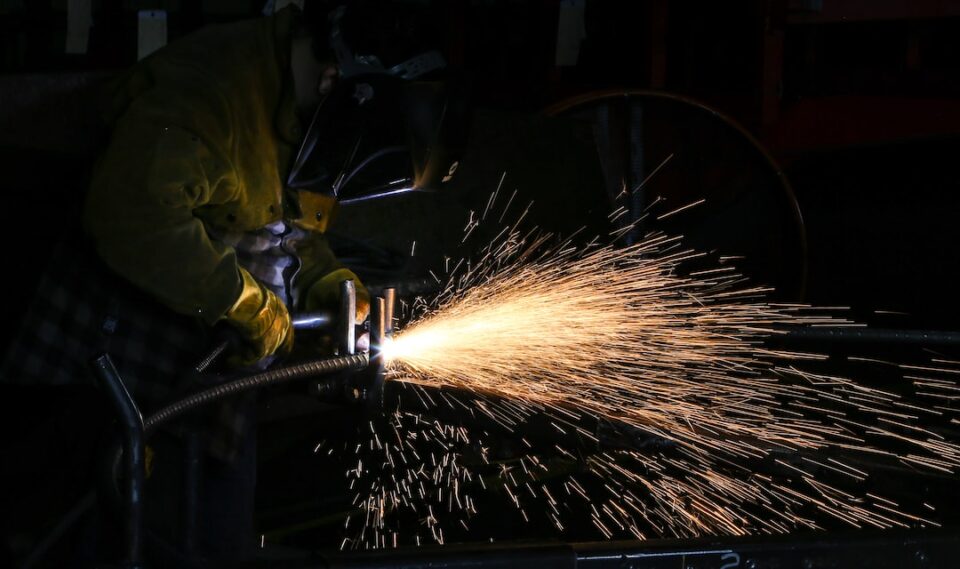The Role of IoT in Smart Manufacturing
In recent years, there has been an increasing focus on implementing Internet of Things (IoT) solutions in various industries. One sector that has greatly benefited from IoT technology is manufacturing. The integration of IoT devices and systems has revolutionized the way factories and production lines operate, paving the way for the emergence of smart manufacturing.
IoT refers to a network of interconnected devices, sensors, and software that can communicate and interact with each other using the internet. In manufacturing, IoT technology enables machines, equipment, and even entire production lines to collect and exchange data, leading to increased efficiency, improved productivity, and better decision-making.
One of the key benefits of IoT in smart manufacturing is the real-time monitoring and predictive maintenance capabilities it provides. IoT sensors placed on machinery can collect continuous data on various parameters such as temperature, pressure, vibration, and energy consumption. This data is then analyzed using advanced analytics and machine learning algorithms to detect patterns and anomalies, allowing manufacturers to identify potential issues before they result in equipment failures or production downtime. This predictive maintenance approach helps extend equipment lifespan, reduce maintenance costs, and minimize unplanned downtime, thereby improving overall operational efficiency.
IoT also plays a crucial role in enabling the concept of the “smart factory.” Smart factories leverage IoT devices and systems to create a connected and flexible manufacturing environment, where machines, processes, and humans can collaborate seamlessly. By integrating IoT sensors into every aspect of the manufacturing process, from raw material procurement to product delivery, manufacturers gain real-time visibility into their operations. This visibility enables them to make more informed decisions, optimize resource allocation, and improve supply chain management. For example, IoT sensors can track inventory levels, monitor product quality, and analyze customer demand, allowing manufacturers to adjust production schedules accordingly and avoid stockouts or overproduction.
Another significant advantage of IoT in smart manufacturing is the ability to enhance worker safety and well-being. IoT devices can be embedded into personal protective equipment (PPE) or worn as wearable devices. These devices can monitor various parameters such as heart rate, body temperature, and exposure to hazardous substances. If any abnormality is detected, alerts can be sent to the worker and the relevant personnel, ensuring immediate attention. Additionally, IoT technology enables better tracking of worker location and movement, allowing for precise evacuation in emergencies and improved overall safety.
The integration of IoT also opens up new possibilities for product customization and personalization. By collecting and analyzing real-time data from IoT sensors on the factory floor, manufacturers can gain insights into individual customer preferences and behaviors. This information can then be used to tailor products and services according to specific customer needs, resulting in a more personalized customer experience. For example, IoT-powered production lines can adjust product specifications, packaging, and labelling based on consumer preferences, enabling companies to create unique offerings and gain a competitive advantage.
Furthermore, IoT solutions are instrumental in optimizing energy consumption and reducing environmental impact in manufacturing. By monitoring energy usage and identifying potential energy inefficiencies, manufacturers can implement energy-saving measures and reduce their carbon footprint. IoT sensors can detect equipment malfunctions, identify energy-intensive processes, and suggest areas for improvement, leading to significant energy savings. Additionally, IoT technology enables better tracking and management of waste and emissions, ensuring compliance with environmental regulations and promoting sustainability.
In conclusion, IoT has become a game-changer in the field of smart manufacturing. Its ability to connect devices, collect and analyze real-time data, and enable decision-making on the fly revolutionizes traditional manufacturing practices. By embracing IoT technology, manufacturers can achieve increased operational efficiency, improved productivity, enhanced worker safety, and better environmental sustainability. As the IoT ecosystem continues to evolve, it is expected that smart manufacturing will become more prevalent, driving innovation and growth in the manufacturing industry.


